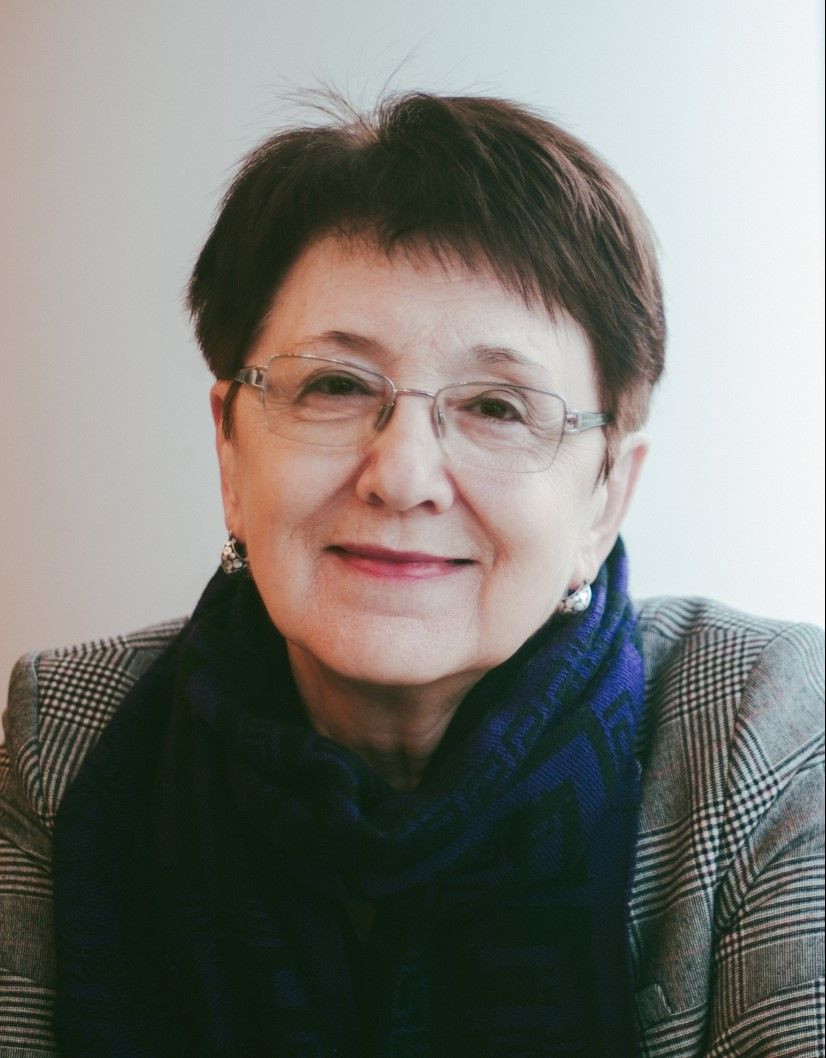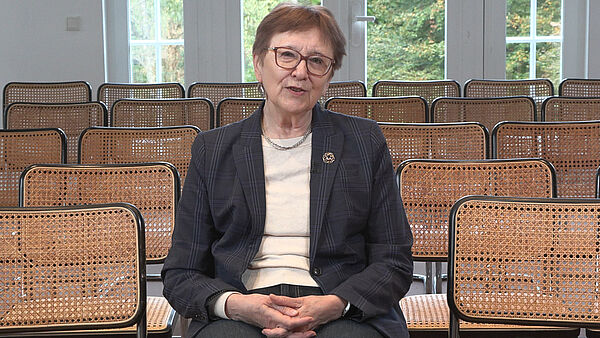
Tamara Hundorova, Dr.
Professor of Literature, Principal Research Fellow
National Academy of Sciences of Ukraine, Kyjiw
Shevchenko Institute of Literature
Harvard University
Ukrainian Research Institute
Born in 1955 in Poltava, Ukraine
Dr., Theory of Literature and Ukrainian Literature, Shevchenko Institute of Literature, National Academy of Sciences of Ukraine
Fellowship
VUIAS Fellowship abroad
Arbeitsvorhaben
The Idea of Occidentalism and Post-World War Ukrainian Cultural Imagination (1945–1949)
This project examines the intellectual debates in Ukrainian displaced persons (DP) camps in 1945–1949 regarding the postwar “crisis of Europe” and how these debates shaped the Ukrainian immigrant culture. It focuses on analyzing the concept of the West within the framework of Occidentalism studies and in the context of 20th-century Ukrainian literature.The idea of this project is framed by Occidentalism studies that emerged in the late 20th century to reconsider the specificity of Western modernity and deconstruct the concept of Eurocentrism. The project investigates how discussions about Western cultural canons and European historiographies were reflected in the artistic imaginations of Ukrainian refugees and manifested in literary works written and published in DP camps. Another aspect of the project involves analyzing Ukrainian refugee intellectuals’ attempts to revive prewar modernist and avant-garde traditions, particularly the neoclassical movement (Mykola Zerov, among others) and Mykola Khvylovy’s “Asian Renaissance.”
The place of Ukrainian literature in the Western cultural canon played an essential role in discussions, producing the concept of “grand literature.” This concept originated in the Artistic Ukrainian Movement (1945–1948), a powerful cultural and intellectual movement in the DP camps.
I explore how discussions about European identity correlate with the philosophy of displacement, existentialism, rethinking provincialism, and the modernization of Ukrainian culture in the middle of the twentieth century. The project focuses on the ideas of two prominent intellectuals of that time—Volodymyr Yaniv (1908–1991) and Yuri Shevelov (1908–2002), who represented the two main versions of Occidentalisms in Ukrainian postwar imagination—the nationalist and the decolonial.
Recommended Reading
Hundorova, Tamara. “Ukrainian Euromaidan as Social and Cultural Performance.” In Revolution and War in Contemporary Ukraine: The Challenge of Change, edited by Olga Bertelsen, 161–179. Ibidem, 2016.
—. The Post-Chornobyl Library: Ukrainian Postmodernism of the 1990s. Translated by Sergiy Yakovenko. Academic Studies Press, 2019.
—. “The Ukrainian Underground: Aesthetics, Resistance, and Performance.” In The Oxford Handbook of Soviet Underground Culture, edited by Mark Lipovetsky, Maria Engström, Tomáš Glanc, Ilja Kukuj, and Klavdia Smola, 277–302. Oxford University Press, 2024.
Publikationen aus der Fellowbibliothek
Hundorova, Tamara (Newton, Massachusetts, 2025)
Transit culture and postcolonial trauma Ukrainian studies
Hundorova, Tamara (Charkіv, 2023)
Lesja Ukraїnka : knyhy Syvіlly Serija Hordistʹ naciï
Hundorova, Tamara (Berlin, 2023)
Aus dem Nebel des Krieges : die Gegenwart der Ukraine edition suhrkamp
Hundorova, Tamara (Boston, 2019)
The post-Chornobyl library : Ukrainian literary postmodernism of the 1990s Pisljačornobyl's'ka biblioteka
